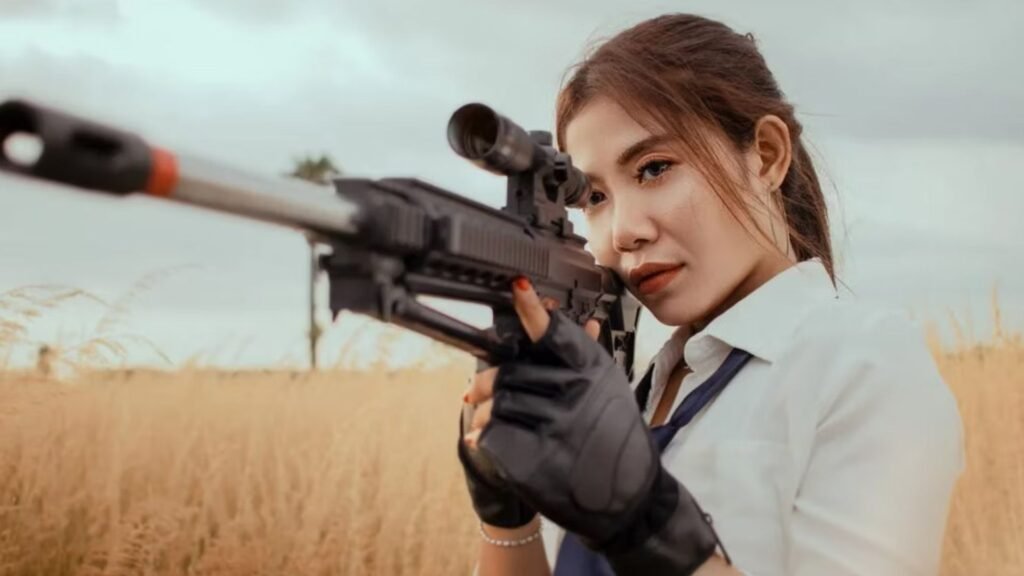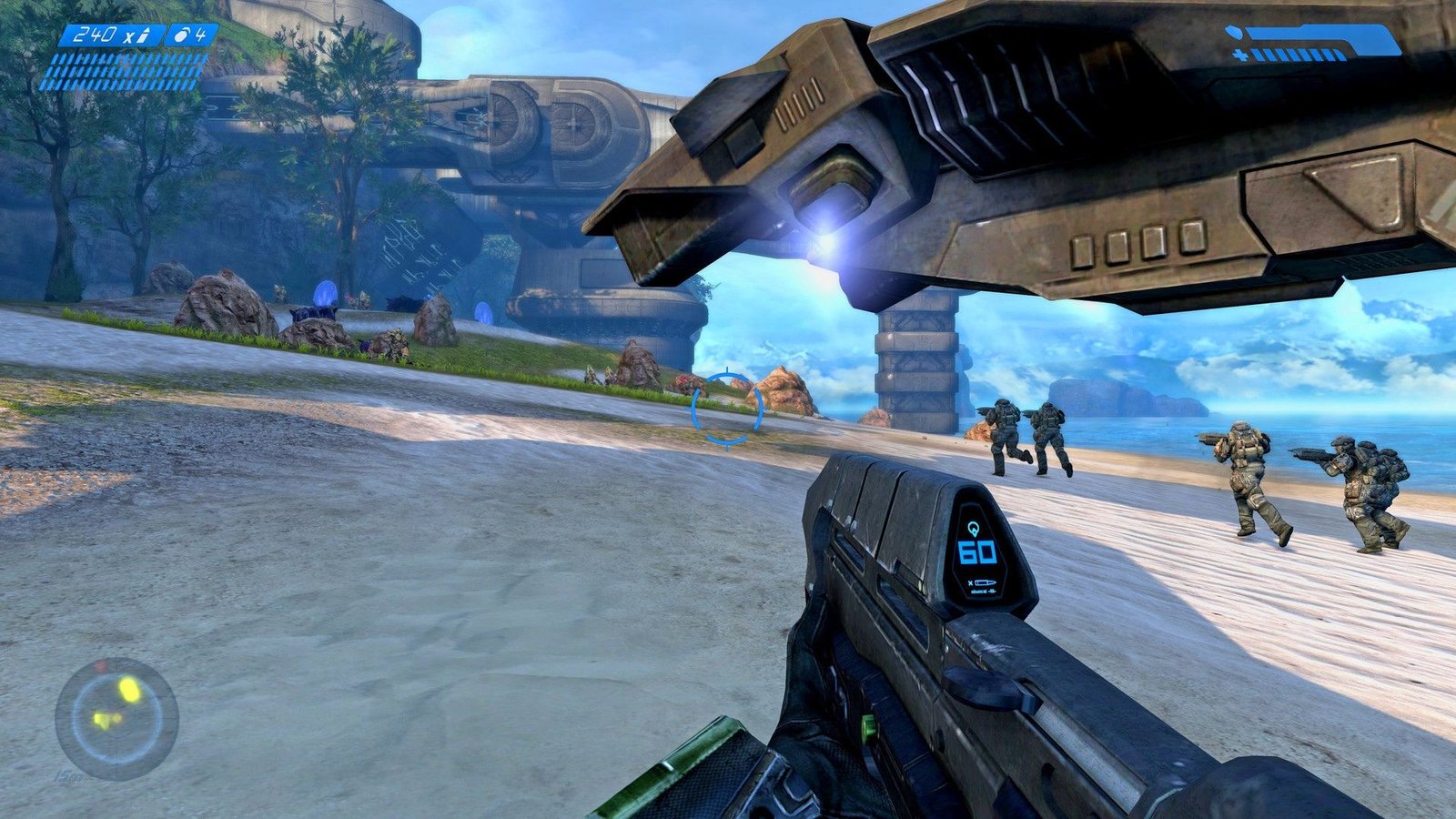Improving your aim in shooter games is crucial for success, whether you’re playing competitively or just for fun. Good aim can be the difference between winning and losing, and with practice, anyone can enhance their accuracy. Here are some effective strategies to help you improve your aim in shooter games.

1. Understand Your Sensitivity Settings
Overview:
Your mouse or controller sensitivity settings significantly impact your aim. Finding the right sensitivity balance is key to improving accuracy.
Tips:
- Lower Sensitivity: Lower sensitivity allows for more precise movements, giving you better control over your aim.
- Gradual Adjustments: Make small adjustments to your sensitivity and test it out in-game until you find what feels most comfortable.
- Consistency: Once you find your ideal sensitivity, stick with it. Consistency is important for muscle memory.
2. Practice with Aim Training Tools
Overview:
Aim trainers are dedicated tools or games designed to help players improve their accuracy through specific exercises.
Tips:
- Use Aim Trainers: Programs like Aim Lab or Kovaak’s FPS Aim Trainer offer drills that target various aspects of aiming, from flick shots to tracking.
- Daily Practice: Spend at least 15-30 minutes each day on aim trainers to build and maintain your aim skills.
- Focus on Weak Areas: Identify where you struggle the most (e.g., flick shots, tracking) and focus your training on improving these areas.
3. Master Crosshair Placement
Overview:
Crosshair placement is about keeping your crosshair at head level and where enemies are likely to appear, reducing the need for drastic mouse movements.
Tips:
- Head Level: Always keep your crosshair at head level to maximize your chances of landing headshots.
- Pre-Aiming: Aim at common enemy positions before you even see them. This anticipatory aiming reduces reaction time.
- Corner Peeking: As you approach corners, position your crosshair so it’s already aimed where an enemy might be, reducing the need for fast adjustments.
4. Warm-Up Before Playing
Overview:
Warming up before jumping into a game can help your muscles get into the rhythm, improving your performance from the start.
Tips:
- Short Warm-Up Sessions: Spend 10-15 minutes in an aim trainer or a deathmatch mode to get your hand-eye coordination tuned before playing.
- Focus on Precision: During warm-ups, concentrate on making precise, controlled movements rather than fast, sloppy ones.
- Routine: Develop a consistent warm-up routine that covers various aspects of aiming (e.g., flicking, tracking).
5. Practice in the Right Environment
Overview:
Your gaming setup can affect your performance. Ensure that your environment is conducive to focused gameplay.
Tips:
- Comfortable Setup: Ensure your chair, desk, and monitor height are set up to allow for comfortable and efficient aiming.
- Lighting: Good lighting reduces eye strain and helps you see your screen more clearly, improving your aim.
- Reduce Distractions: Play in a quiet environment where you can focus entirely on the game.
6. Analyze Your Gameplay
Overview:
Reviewing your gameplay can help you identify areas for improvement, whether it’s your aim or other aspects of your playstyle.
Tips:
- Watch Replays: Many games allow you to watch replays of your matches. Use this feature to analyze your aiming and see where you can improve.
- Identify Mistakes: Look for patterns in your misses. Are you consistently aiming too high or low? Are you overcorrecting your aim?
- Seek Feedback: If possible, ask more experienced players for feedback on your gameplay to gain new insights.
7. Stay Calm Under Pressure
Overview:
Maintaining composure during intense moments in-game can greatly improve your accuracy.
Tips:
- Breathe: Take deep breaths to stay calm during firefights. A steady hand leads to better aim.
- Focus on Fundamentals: In high-pressure situations, focus on your crosshair placement and trigger discipline rather than panicking.
- Experience: The more you play, the more comfortable you’ll become in tense situations, improving your aim over time.

